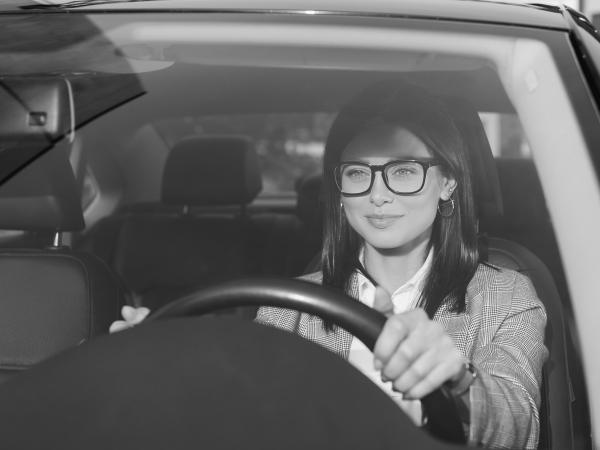
Date: 21 March 2023
High-performance glazing technology can lower mobile air-conditioning energy loads, and subsequently cut CO2 emissions of Combustion Engine Vehicles or increase the range of Electric Vehicles.
In the paper “Advanced glazing systems to curb air-conditioning energy consumption”, released today, Glass for Europe outlines the impact of advanced glazing products on vehicles and presses policymakers to incentivize their use in upcoming legislation on Green Mobility. “Improvements in the legislation would enable the use of products like heatable windscreens or solar control glazing”, says Justin Loup, Technical Regulations and Project Advisor at Glass for Europe.
In future legislation, CO2 emissions from air-conditioning should appear in official vehicle data and the impacts of glazing on this data should be accounted for. A framework is also needed to assess Battery Electric Vehicles’ environmental impact, considering all sustainability factors, like the choice of glass components. “Glazing parameters should also be included in the test procedure for efficient mobile air conditioning under the eco-innovation scheme”, continues Justin Loup.
Windscreens, side windows and rooftop glass can help maintain the temperature of vehicles’ cabins at convenient levels in summer and winter, and assist with defrosting and defogging. This improves cabins’ thermal efficiency, thus reducing the energy needs of mobile air-conditioning and increasing the overall efficiency and sustainability of vehicles.
Considering the last advances in the automotive glass sector, it is estimated that glazing solutions already on the market “can allow an average Combustion Engine Vehicle to cut its CO2 emissions by 1.2 g/km” while “for Electric Vehicles, they can extend the vehicle range by 3 to 9%.”, concludes J. Loup.
 600450
600450

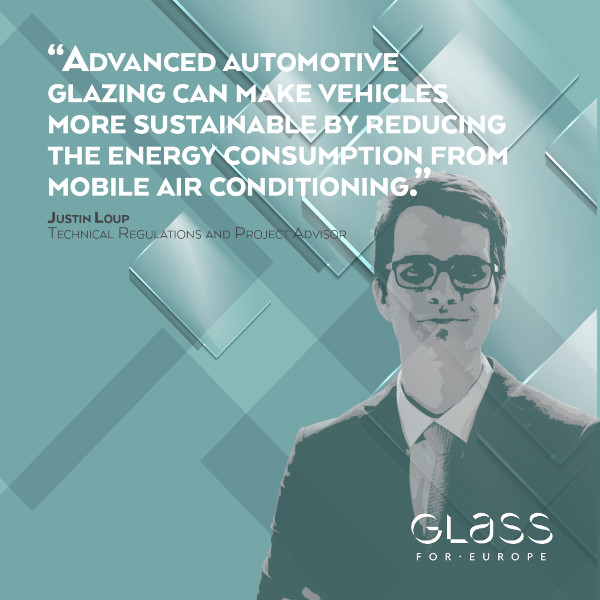
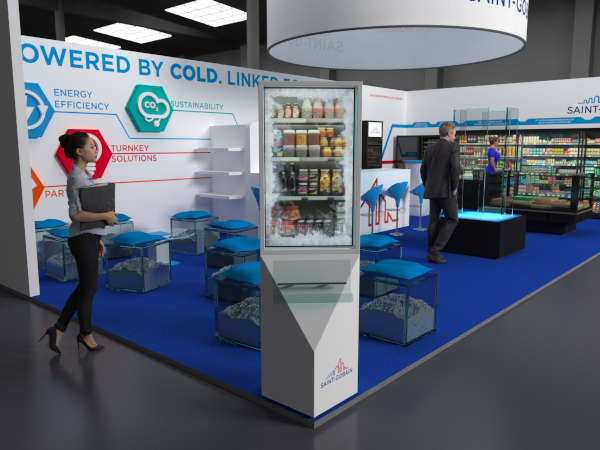
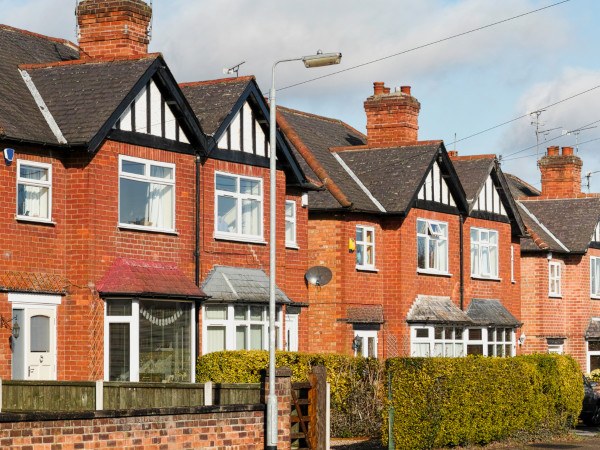
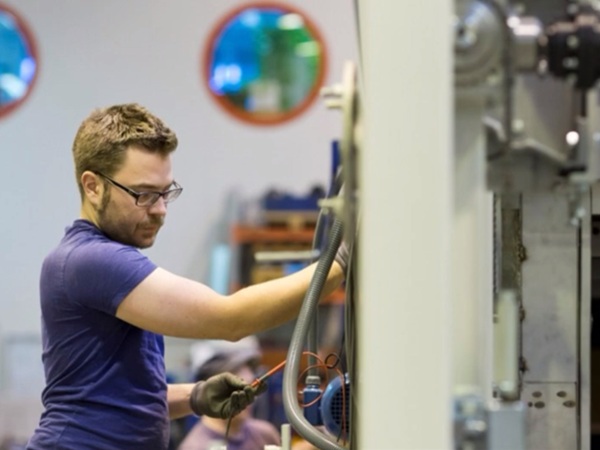

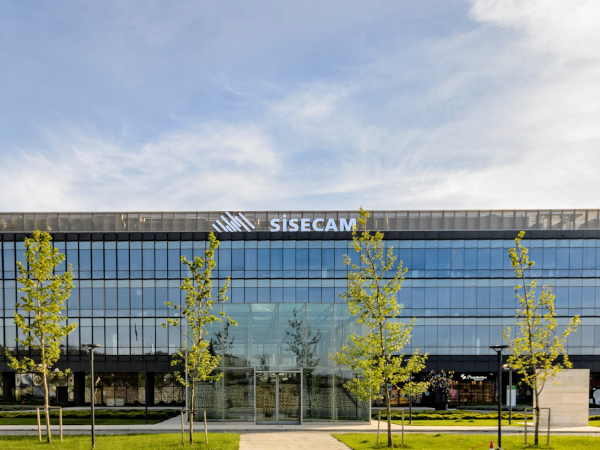
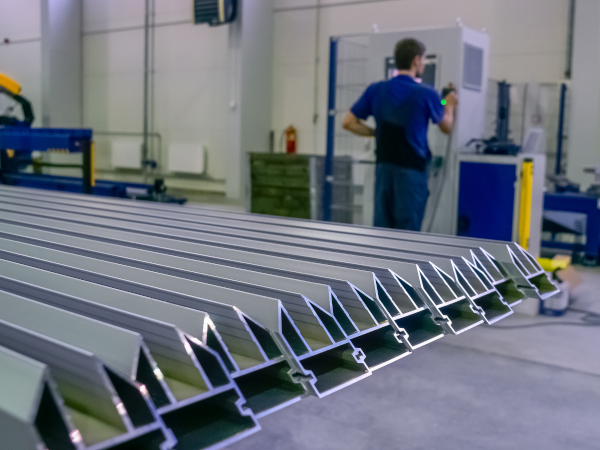





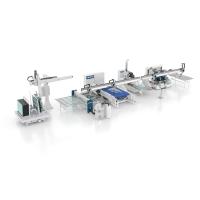


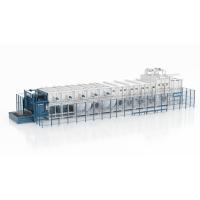

Add new comment